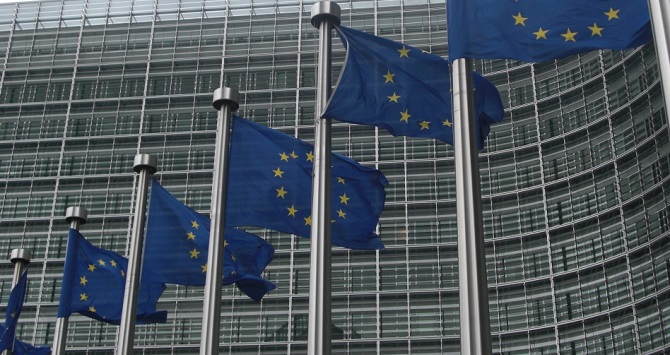 Ahead of the UK general election on Thursday, Professor Sonia Livingstone, whose work includes the EU Kids Online project and Parenting for a digital future, looks at the major parties’ manifesto promises regarding children’s exposure to online pornography.
Ahead of the UK general election on Thursday, Professor Sonia Livingstone, whose work includes the EU Kids Online project and Parenting for a digital future, looks at the major parties’ manifesto promises regarding children’s exposure to online pornography.
The Conservative party promises to force hardcore pornography sites to implement age-verification and age-restrictions for all users, to keep kids out. They also propose an independent regulator with powers to make ISPs block pornography sites which fail to do this.
This decisive pronouncement comes at the end of a government for which kids’ access to online porn has proved a persistent challenge – with a largely successful campaign by the Daily Mail for end-user (domestic) filtering and a miscellany of ‘shocking’ survey results from parents and children (albeit most of them not reaching the standards of “research”).
The Labour party agrees that the problem is both growing and unresolved, also calling for the implementation and enforcement of effective age-restrictions by pornographic websites. The Liberal Democrats take a different stance, it seems – worried that legislation is too restrictive and calling for the threat of internet pornography to be addressed in sex education at school.
So Thursday’s election results matter not only for the state of the economy and social welfare, but also for the cultural and ethical climate in which children are growing up.
As any incoming minister will quickly realise, emotions run high on all sides of this debate, yet there are still no quick fixes on offer. There are no effective age verification systems in place (although for paid-for-porn one can go after the credit card companies). There is no agreement on where to draw the line – what counts as ‘hardcore’ (a term that has no clear legal or psychological referent) depends on who you ask. There is no unified ‘industry’ that speaks with one voice and that encompasses big and small companies along the value chain, based in the UK or overseas (hence the potential of a coordinated European approach). There are many concerns about technical solutions that under- or, especially, over-block content (although the UK Council for Child Internet Safety is confident it is making headway on preventing this).
A I have reported before on this site, there is indeed evidence that children are exposed to online pornography (though the latest EU Kids Online report shows this remains fairly low), their parents worry about this, and children, too, consider it a significant problem – though the jury remains out, as ever, on the question of long-term harm.
What’s also noticeable, though, is that in the UK both parents and children greatly prefer to have the tools and competences to manage their own online environment. But managing an environment is a complex process – consider how we keep pornography (more or less effectively, especially the extreme stuff, and especially for the very young) from children offline. It takes a balanced mix of legislation, regulation, community norms, formal education, upbringing and, for the especially vulnerable, welfare intervention as needed.
So why not eschew the panicky media headlines and vain search for a silver bullet solution and, instead, contemplate a complex solution for a complex problem?
- Updated legislation (where feasible).
- Effective self-regulation and provision of industry tools (wherever possible, available to and usable by all).
- Confident community norms (which means an informed debate).
- Serious attention to pornography, coercion and consent issues in the sex education curriculum.
- Empowering parents to know what actions they can take.
- Informed welfare professionals for the kids that deserve extra intervention.
None of these can or should provide the whole solution, however. So yes, dear incoming minister, we want to have it all.
This post gives the views of the author and does not represent the position of the LSE Media Policy Project blog, nor of the London School of Economics and Political Science.






I’m afraid I haven’t seen anything that suggests anyone is doing anything to prevent over blocking – or to at least minimize it as best they can. All of the ISPs are using legacy filtering methodologies and technology. What’s worse, is their response time to updating false positives.